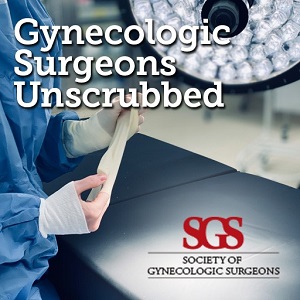- Home
- About
- Education
- Upcoming SGS Meetings
- Patient Resources
- Past Scientific Programs and Abstracts
- Past Social Media Committee Workshop Presentations
- 2023 Social Media Committee Workshop Presentation
- 2022 Social Media Committee Workshop Presentation
- 2021 Social Media Committee Workshop Presentation
- 2019 Social Media Committee Workshop Presentation
- 2018 Social Media Committee Workshop Presentations
- 2017 Social Media Committee Workshop Presentations
- 2016 Social Media Committee Workshop Presentations
- Simulation Advisory Service
- SGS Scalpel Sessions
- Video Library
- Webinars
- Research
- Membership
- Mentorship
- Donate
- Contact
- Events
|
Click here to view the most up to date bylaws for SGS, as per April 1, 2025.
|




